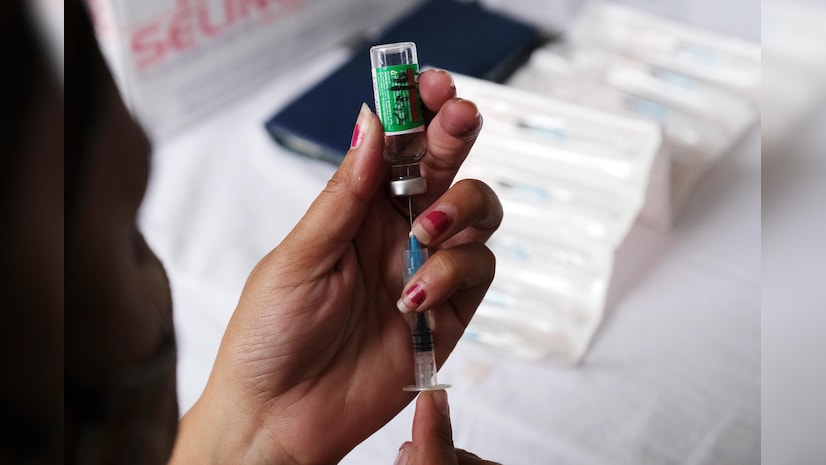India Develops Vaccine Candidate Against H5N1
The Indian Council of Medical Research (ICMR) is spearheading the development of a human vaccine candidate against the highly pathogenic avian influenza H5N1. This initiative comes in response to recent outbreaks that have posed threats to both animal and human health in India. The ICMR is inviting eligible organisations and manufacturers to collaborate in this critical research and development effort.
H5N1 Outbreaks
- Avian influenza H5N1 is a severe strain of bird flu.
- It has caused outbreaks in India in 2021, 2023, and 2024.
- These outbreaks primarily affected poultry and wild birds.
- The economic impact on the poultry industry has been substantial.
- Public health concerns have also escalated due to the zoonotic nature of the virus.
Public Health Risks
H5N1 poses a grave public health risk due to its high mortality rate and potential for a global pandemic. The virus can mutate, allowing sustained human-to-human transmission. Although human cases are rare, they can lead to severe outcomes. The case fatality rate exceeds 50 per cent in infected individuals. Symptoms include fever, respiratory distress, and multi-organ failure.
Human Infections and Preparedness
In India, human cases have not been reported in recent years. However, the risk remains due to frequent interactions between humans and animals in poultry farming. Global sporadic human infections highlight the need for ongoing vigilance. India’s preparedness includes active surveillance and access to medical countermeasures.
Vaccine Development Efforts
The development of a human vaccine is crucial for mitigating outbreak risks. It aims to protect vulnerable populations and ensure readiness for potential pandemics. The ICMR is exploring mRNA and traditional vaccine platforms. A targeted vaccine, alongside public awareness campaigns, is essential for effective management of H5N1 outbreaks.
Role of ICMR-NIV
The ICMR-National Institute of Virology (ICMR-NIV) in Pune is actively involved in researching avian influenza viruses. The institute possesses well-characterised strains of HPAI H5N1. This expertise is vital for developing effective vaccines and enhancing India’s pandemic preparedness.
Month: Current Affairs - February, 2025
Category: Science & Technology Current Affairs








